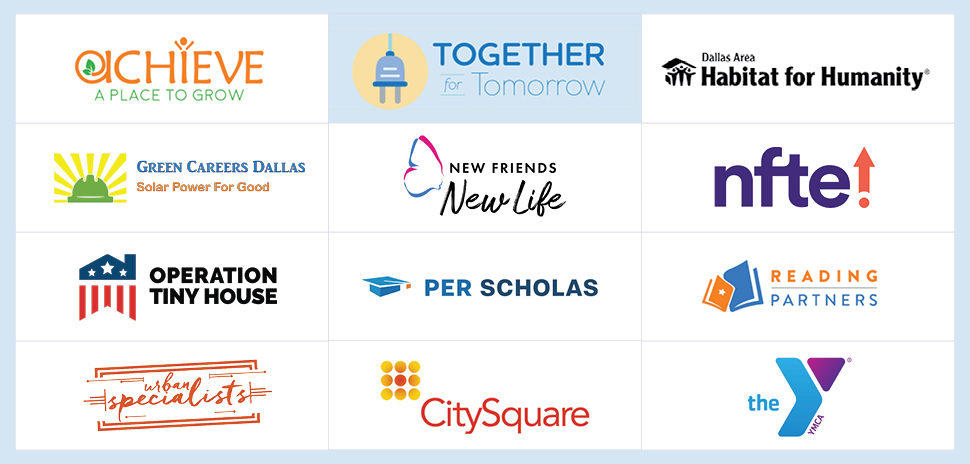Postmates meets social innovation in Health Care Service Corporation and the Blue Cross Blue Shield Institute’s new project, foodQ, that’s chosen Dallas as one of the first cities to make its debut.
This month, Health Care Service Corporation (HCSC) and the Blue Cross Blue Shield (BCBS) Institute announced foodQ, which they call a healthy food delivery service that brings nutritious, affordable meals to people living in food deserts.
Supported by HCSC and operated by BCBS Institute, foodQ aims to help these communities improve their health outcomes, avoid hospital admissions, and better any diet-related conditions. As part of a six-month pilot plan, the service drove into Chicago first, delivering meals to 25 ZIP codes, and is expected to make its way down south to 15 Dallas ZIP codes in April.
“We know a ZIP code is just as important as a genetic code in determining a person’s health—impacting medical needs and access to care,” Dr. Trent Haywood, president at the BCBS Institute, said in a statement.
How it works
The BCBS Institute chose neighborhoods based on social and environmental factors and where HCSC operates its health plans. Regardless of health insurance status or insurance carrier, any consumer living in the designated ZIP codes are eligible to participate.
FoodQ will be available via a mobile-optimized website outfitted with five categories of ready-to-heat lunch and dinner meal options, prepared by Front Porch Pantry in Dallas.
Once a user enters their ZIP code and is confirmed as eligible for the service, they can browse meal choices, choose a date and time for the delivery, and enter payment information.
A foodQ subscription runs at around $5/month, and includes free delivery and a buy-one-get-one option for every meal purchased, and individual meals are $10 with an additional delivery fee of $6 per order.
After an order is placed, a confirmation text message will be sent, followed by notifications for the delivery status.
Over the next six months, HCSC and the BCBS Institute will use participant surveys to determine the demand for and usability of foodQ to ultimately decide if there’s any correlation between nutritious meal consumption and hospital visits.
“As a physician, I know I can easily write a prescription, but what I don’t know is how am I going to make sure patients have access to healthy meals they can afford and want to eat,” Dr. Haywood said. “With the alarming rates of obesity and diabetes in our country, we need a different approach to supporting healthy living, and this pilot program can help remove the barriers that keep people from accessing healthy, affordable and nutritious foods.”
On the road to healthy living
The BCBS Institute partnered with HCSC, an independent licensee of the Blue Cross and Blue Shield Association, because of the organizations’ shared commitment to improving health outcomes and removing any healthy lifestyle barriers.
HCSC helped develop foodQ through Affordability Cures, a commitment to developing long-term healthcare solutions.
“Food deserts are one of the key social determinants of health impacting millions of Americans,” said Manika Turnbull, HCSC’s vice president and community health and economic impact officer, in a statement. “With this program we are meeting people where they live to provide access, affordable pricing and education that can influence healthy behaviors, reduce health disparities and improve their quality of life.”
![]()
Get on the list.
Dallas Innovates, every day.
Sign up to keep your eye on what’s new and next in Dallas-Fort Worth, every day.




























